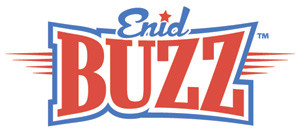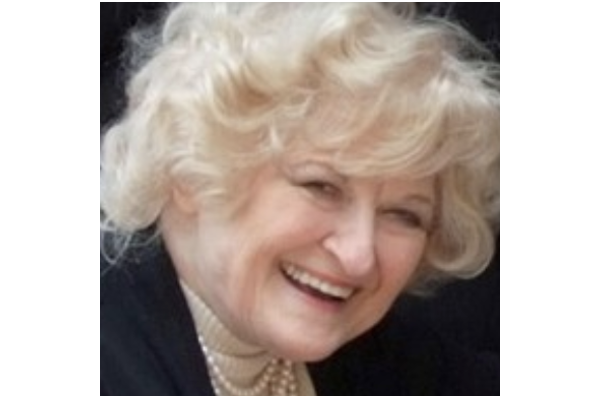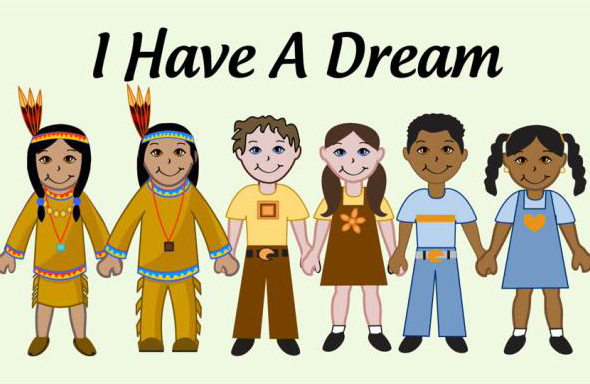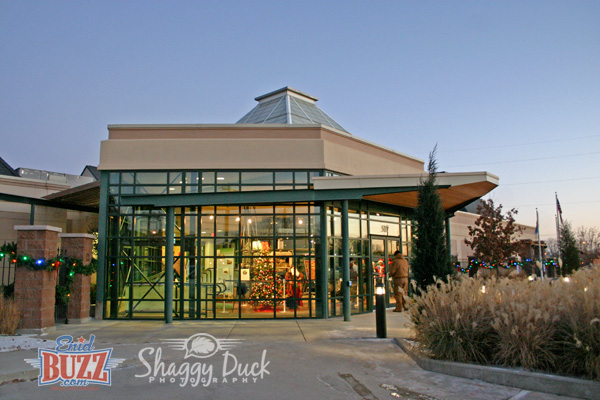ENID, OK - Thrift Style explores the reuse of feed sacks to make clothing and other household objects and illuminates how the “upcycling” of these bags mutually benefitted twentieth-century consumers and businesses. With forty-one works from patterns to garments, it serves as an example of past ingenuity that can inform today’s efforts towards sustainability. Thrift Style opens September 1st at the Cherokee Strip Regional Heritage Center.
The exhibition, organized by the Historic Costume and Textile Museum and the Marianna Kistler Beach Museum of Art, both at Kansas State University, provides a nostalgic view into American ingenuity, sensibility, and optimism during a particularly challenging time of economic hardship and war—the period of the Great Depression and World War II. The reuse of feed, flour, and sugar sacks was a cost-saving and resource-saving approach employed by homemakers to make new items to meet their families’ needs.
In the 1920s and ‘30s, manufacturers began producing patterned and colored feed sacks to give home seamstresses more options. During World War II, the federal government limited fabric use for individual garments and homemakers were obligated to use thrifty approaches to repurpose what was available to them. As fabrics from feed sacks were not considered a limited resource, women turned to them as an accessible and patriotic option during the war effort. In response, trade organizations and manufacturers promoted the thrifty use of feed sack fabric by publishing how-to brochures and booklets with clothing designs, mending instructions, and other suggestions for restyling clothes.
The artifacts in the exhibition demonstrate a mutual goal of sustainability, with local businesses—mills and feed and seed operations—tailoring product design and marketing campaigns to attract customers; and consumers using their imaginations and practical skills to tailor clothing, aprons, quilts, dolls, and more out of the industry’s byproduct: feed sack cotton.
This exhibition offers a snapshot of domestic life during this time, when recycling was as critical as it is today, and it provides one of the best examples of upcycling in our nation’s history.
It is organized by The Historic Costume and Textile Museum and the Marianna Kistler Beach Museum of Art, both at Kansas State University, and ExhibitsUSA, a program of Mid-America Arts Alliance.
The Cherokee Strip Regional Heritage Center is located at 507 S. Fourth St. in Enid. For more information, please call 580-237-1907 or visit www.csrhc.org.
The Cherokee Strip Regional Heritage Center is a division of the Oklahoma Historical Society. The mission of the Oklahoma Historical Society is to collect, preserve and share the history and culture of the state of Oklahoma and its people. Founded in 1893 by members of the Territorial Press Association, the OHS maintains museums, historic sites and affiliates across the state. Through its research archives, exhibits, educational programs and publications the OHS chronicles the rich history of Oklahoma. For more information about the OHS, please visit www.okhistory.org.








